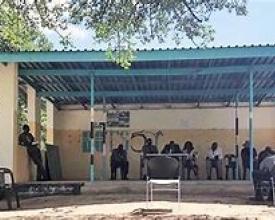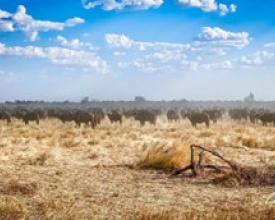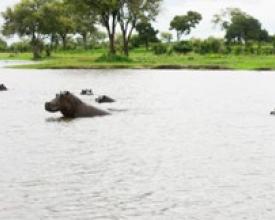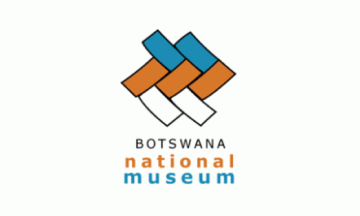
Community-based Heritage Management at Okavango Delta, Botswana
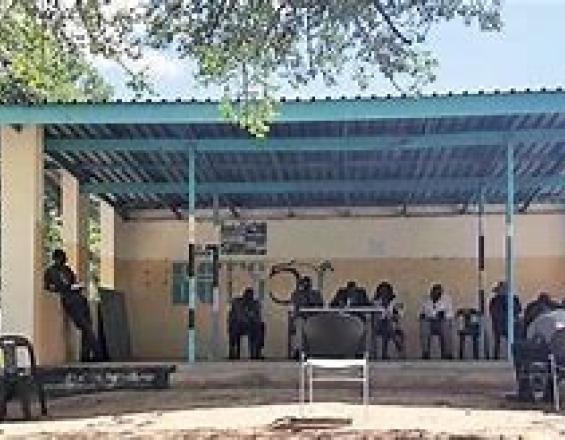
The management of the World Heritage property of Okavango Delta, Botswana, requires close cooperation between gov’t agencies and local communities. The government of Botswana has adopted a conservation approach where local communities are directly involved in heritage management in their areas through community-based natural resources management. Several communities around the Okavango Delta have formed community-based organizations (CBOs) and community trusts to drive this initiative and actively participate in the management of the place. A successful CBOs is Mababe Zokotsama Community Development Trust based in Mababe village and is benefitting from NG41 concession, leased by the gov’t of Botswana. The CBO’s management plan guides the general management with the following goals:
- conserve natural and cultural heritage
- increase sustainable livelihood opportunities and improve benefits
- reduce conflict between wildlife, people and tourism
- increased involvement of communities in tourism
Impacts
- The trust has a lodge, campsites, and offers photographic tourism, game drives which generate money for the village and provide employment to the community.
- Every year they are given a quota of animals to sell, which they sell to hunting companies. Communities therefore gains money from selling their quota, and they are also provided with employment during hunting season.
- The funds generated by the trust in this concession are used for the development of the village and the community; Community members are sponsored to pursue Hospitality and Tourism courses, the trust sponsors the community football team, food hampers and monetary allowance is given to the elderly and needy people
- In return the community is eager to support conservation efforts as they directly benefit from the management of the ecosystem.

